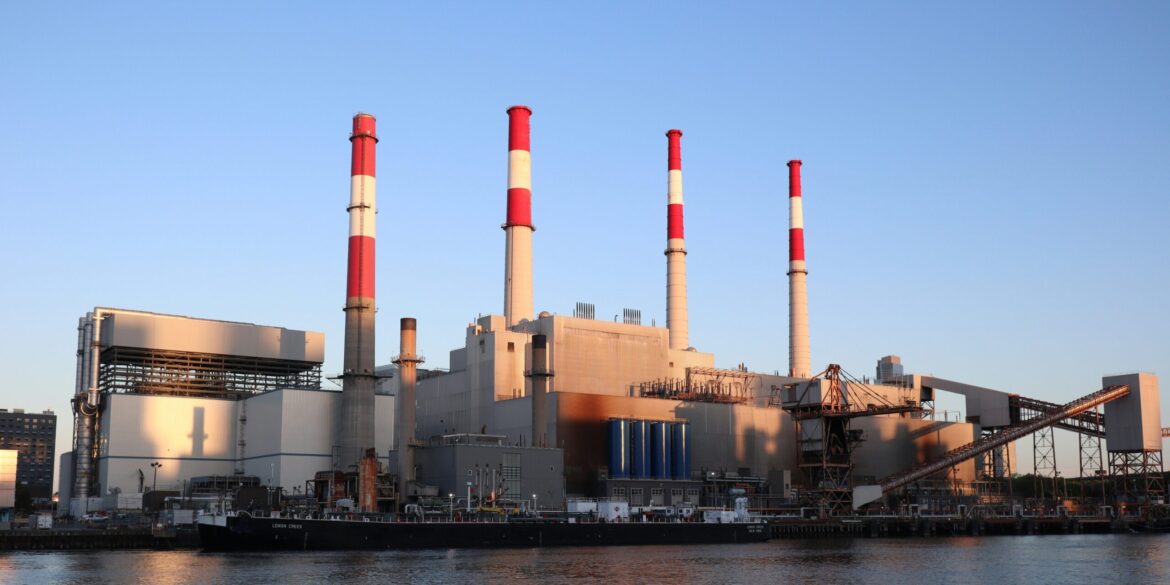WASHINGTON, D.C. — On June 10, 2025, the Environmental Protection Agency (EPA) announced plans to repeal key environmental regulations established during the Biden administration aimed at limiting carbon dioxide emissions from power plants. EPA Administrator Lee Zeldin stated that the rollback targets federal emission limits and a separate hazardous air pollution rule. This move aligns with the Trump administration’s focus on fossil fuels and has raised concerns among environmental groups about the potential impact on climate change mitigation efforts.
Details of the Rollback
The EPA’s proposed changes would eliminate federal limits on carbon dioxide emissions from power plants, including a separate regulation to curb hazardous air pollution such as mercury. These actions represent the most significant regulatory shifts of President Trump’s second term and target the electricity sector, the second-largest source of U.S. greenhouse gases. The administration has also indicated it may not draft a replacement rule, citing hopes of nullifying the 2009 endangerment finding that underpins greenhouse gas regulations.
Rationale Behind the Decision
Administrator Zeldin defended the rollback, stating that the regulations imposed significant costs on the energy sector and hindered economic growth. He emphasized the administration’s commitment to energy independence and reducing regulatory burdens on industries. Jarrod Agen, from Trump’s National Energy Dominance Council, emphasized continued reliance on fossil fuels like coal and natural gas over renewable energy sources, aligning with Trump’s energy priorities.
Environmental and Health Implications
Environmental groups and public health experts have expressed alarm over the EPA’s decision. According to an analysis by the Associated Press, the targeted regulations could prevent up to 30,000 deaths and save $275 billion annually. These rules primarily regulate emissions from fossil fuels and vehicles, significantly reducing harmful pollutants and greenhouse gases. Experts warn that even partial rollbacks could increase exposure to smog, mercury, lead, and particularly fine particulate matter, exacerbating public health risks and contributing to climate change.
Legal and Political Challenges
The EPA’s move is expected to face legal challenges from environmental organizations and states that support stringent emission standards. Critics argue that the rollback undermines the EPA’s mandate to protect public health and the environment. The agency’s plan to nullify the 2009 endangerment finding, which serves as the legal basis for regulating greenhouse gases, is particularly contentious and may face significant hurdles in the courts.
Broader Context
This rollback is part of a broader deregulatory agenda by the Trump administration, which has targeted numerous environmental protections in recent months. The administration argues that these actions are necessary to reduce regulatory burdens and promote economic growth. However, environmentalists contend that such rollbacks compromise efforts to combat climate change and protect public health.
As the EPA moves forward with its plans, the debate over environmental regulations and their impact on the economy and public health is likely to intensify. The outcome of this policy shift will have significant implications for the nation’s approach to climate change and environmental protection.

